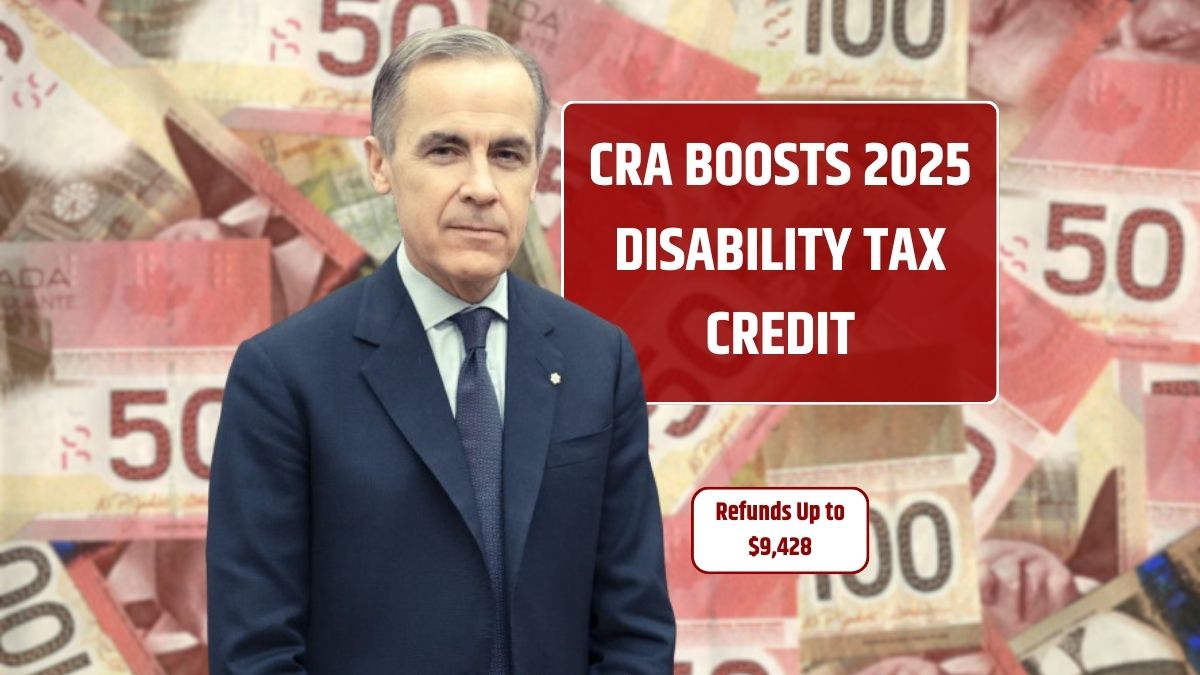Personal Independence Payment (PIP) is a UK government benefit for people with long-term illness, disability, or mental health conditions that affect their daily life or mobility. It provides regular financial support to help cover extra living costs, allowing people to live more independently.
For eligible claimants, PIP can pay between £116.80 and £749.80 every four weeks, depending on the level of assistance needed.
PIP Claim Levels at Record High
Between July and August 2025, the Department for Work and Pensions (DWP) received 210,000 new PIP applications. More than 4.2 million people across the UK now receive PIP or its Scottish equivalent, the Adult Disability Payment (ADP).
- England & Wales: 3,735,942 recipients
- Scotland (ADP): 476,295 recipients
This reflects growing awareness and uptake of disability benefits.
Top 5 Health Conditions for PIP
According to DWP data, the most common conditions leading to PIP awards are:
- Psychiatric Disorders – 1,444,016 claims
- Musculoskeletal Disease (General) – 707,084 claims
- Neurological Disease – 476,659 claims
- Musculoskeletal Disease (Regional) – 447,794 claims
- Respiratory Disease – 138,428 claims
Many other health conditions are covered if they significantly impact daily life.
PIP Payment Rates 2025
PIP is split into two components: Daily Living and Mobility. You may get one or both, depending on your needs.
Daily Living Component:
- Standard rate: £73.90 per week
- Enhanced rate: £110.40 per week
Mobility Component:
- Standard rate: £29.20 per week
- Enhanced rate: £77.05 per week
Maximum combined payment for both components is £187.45 per week, or £749.80 every four weeks.
Eligibility Criteria
To qualify for PIP, you must:
- Have had difficulties with daily living or mobility for at least 3 months
- Expect the difficulties to last for at least 9 more months
- Live in the UK and have been a resident for at least 2 of the past 3 years
Activities Considered for PIP
You may be eligible if you need help with tasks such as:
- Preparing and cooking food
- Eating or managing medication
- Washing, bathing, or using the toilet
- Dressing and undressing
- Communicating or understanding information
- Managing finances
- Planning or following a journey
- Walking or moving around
How Assessment Works
When you apply, the DWP considers:
- Can you do the task safely?
- How long does it take you to complete the task?
- How often does your condition affect you?
- Do you need help from a person or equipment?
Your award depends on the points scored for each activity.
Backdating Rules
PIP is not backdated. Payments start from the date you apply, so it is important to submit your claim as soon as you meet the requirements.
Illness Categories Covered by PIP
More than 530 conditions are recognised, including:
- Mental health and psychiatric disorders
- Neurological conditions
- Cardiovascular diseases
- Respiratory and immune system diseases
- Cancer and malignant diseases
- Digestive, liver, skin, and musculoskeletal conditions
- Sensory impairments (vision/hearing)
- Multisystem and age-related diseases
Applying for PIP
- England, Wales, and Northern Ireland: Apply via GOV.UK or by phone
- Scotland: Apply for the Adult Disability Payment (ADP) via Social Security Scotland
PIP and ADP offer vital financial help for people with disabilities or long-term illness, helping them manage extra costs and maintain independence.
FAQs
What is the maximum PIP payment in 2025?
Up to £749.80 every four weeks.
Can PIP be backdated?
No, it starts from the date you apply.
Which conditions are most common for PIP?
Psychiatric, musculoskeletal, neurological, and respiratory diseases.
Who can apply for PIP?
UK residents with long-term illness or disability affecting daily life or mobility.
Is PIP available in Scotland?
Yes, but as the Adult Disability Payment (ADP).























